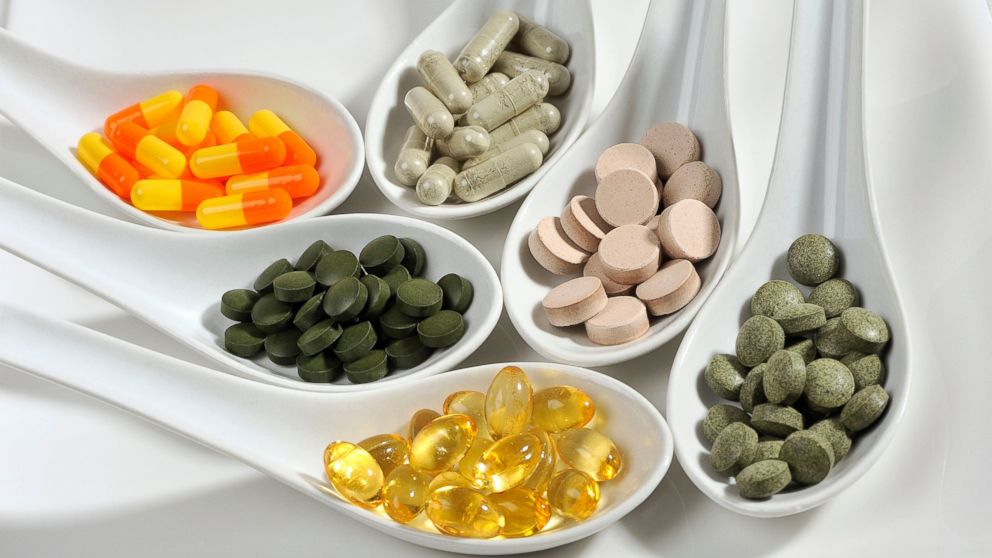Are You Sure What Your Dietary Supplement Contains?
Millions of people take various dietary supplements. In fact, it’s reported that about 50% of adults take dietary supplements of some kind. It has become a $35 billion industry. Walk into any drug store or larger store with a pharmacy and you will find at least one row of shelves devoted to the many dietary supplements available.
From time to time, I have suggested some supplements for various health conditions such as ones to help control blood glucose for diabetics, help control high blood pressure and heart health and some to help with liver function and to help boost immune system and even help protect your skin and keep it healthier. You need to know that when I suggest any of these supplements, I’m only suggesting specific ones and not some of the other ingredients that some companies put in them.
But, did you know that this huge industry is unregulated by the Food and Drug Administration?
You may ask what’s the big deal of not being regulated by the FDA, but let me ask you if you know what is in those dietary supplements that you are taking? Can you trust the labeling to tell you everything? Have you ever read what some of those ‘inactive ingredients’ are or even what some of the listed ingredients are?
I recall some studies over the past decade that showed that not all supplements are the same and that some may even contain ingredients that could be harmful for some people.
A more recent study by the FDA reveals just how widespread this problem is, as reported:
“Nearly 800 dietary supplements sold over the counter from 2007 through 2016 contained unapproved drug ingredients, a new analysis of US Food and Drug Administration data found. More than one unapproved pharmaceutical ingredient was found in 20% of those supplements, the study published Friday in JAMA Network Open showed.”
“The presence of prescription medicines, often at unknown concentrations, means these supplements are essentially ‘unapproved drugs’ that could be harmful to users’ health, according to the study authors.”
Madhur Kumar of the California Department of Public Health Food and Drug Branch, one of the authors of the study commented:
“These products have the potential to cause severe adverse health effects owing to accidental misuse, overuse, or interaction with other medications, underlying health conditions, or other drugs within the same dietary supplement.”
As for trusting the labeling on the supplements, the report stated:
“The greatest number of products found to contain hidden ingredients were reported in 2009, when two large recalls together named 99 products. Otherwise, 443 of the total 776 products were reported from 2012 to 2016. In the overwhelming majority of cases (97%), the unapproved pharmaceutical ingredients were not declared on the labels of the supplements.”
“Most of the adulterated products, about 45%, were marketed for sexual enhancement, weight loss (about 41%) or muscle-building (12%). Drugs found in sexual enhancement products included sildenafil, tadalafil and vardenafil, all active ingredients in prescription medications intended for erectile dysfunction, which, when overused, can cause serious damage to the blood vessels.”
Some weight loss products were found to contain sibutramine, a compound removed from the US market in 2010 because of the risk of cardiovascular problems. Have you ever used one of the muscle building supplements? The study found that many of them contained anabolic steroids that were not declared on the labels. These steroids, especially if used too much or too long can cause heart problems and damage the liver and kidneys.
Other supplements contained antihistamines or antidepressants, both of which can have harmful side effects and could have a negative interaction with medications the person is taking.
The FDA has managed to force recalls of 360 of the 746 tainted products leaving 386 of them still on the market.
The result of the study is prompting Congress to take action to force the supplement industry to get FDA approval before being placed on store shelves.
In the meantime, what can you do to be as safe as possible? The best solution is to eat a healthy diet that provides many of the nutrients and vitamins you need. If you do take supplements, you do so at your own risk, which is why it’s recommended that you have regular checkups with your doctor.









Recent Comments